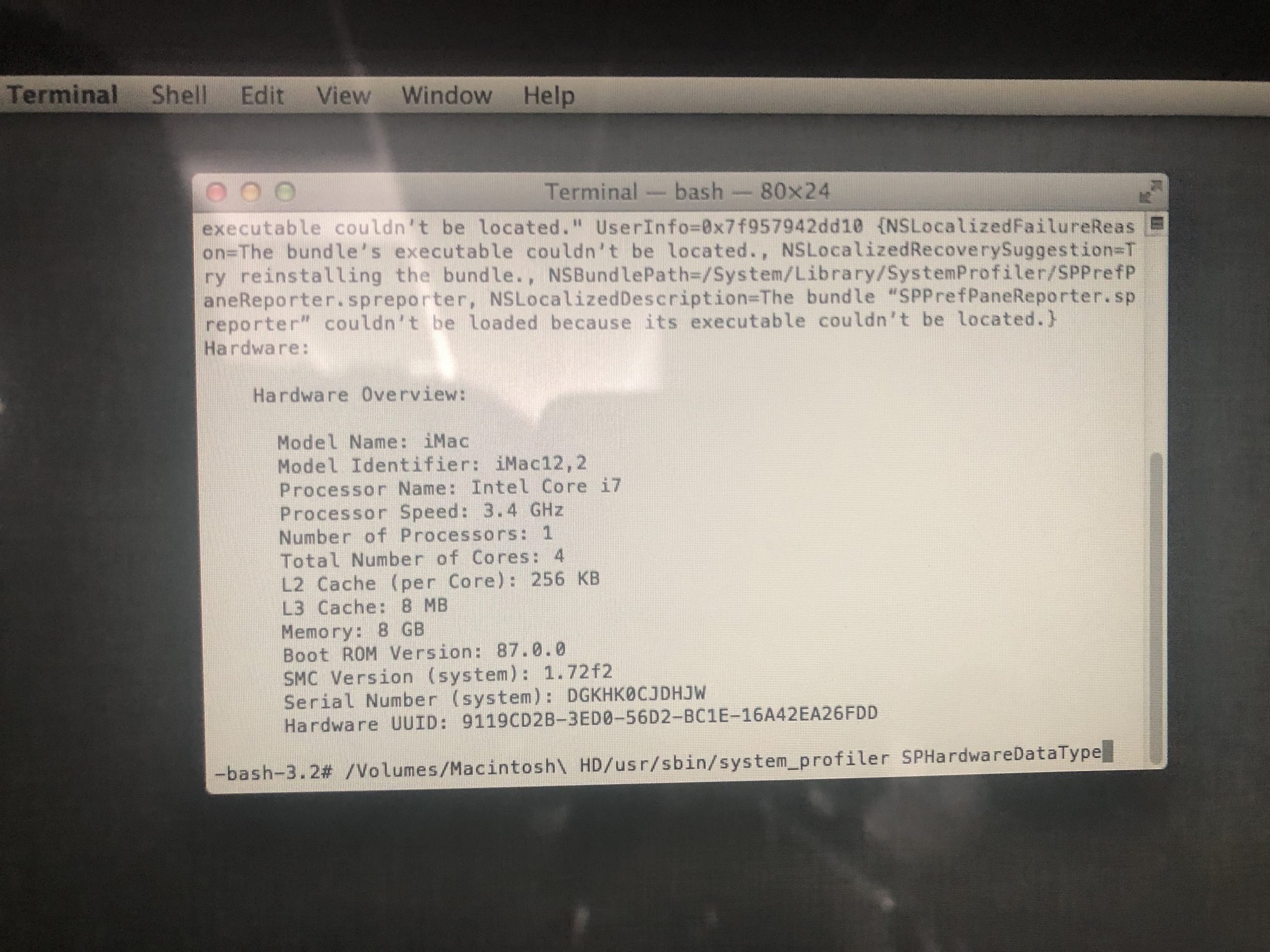The Hidden Dangers of Spyware: How Journalists Can Safeguard Their Digital Privacy
In an age where digital integrity is paramount, recent revelations about spyware targeting journalists underscore a troubling reality. With the unsettling discovery of Israeli-developed spyware installed on journalists’ phones, we are forced to confront the pressing question: how can media professionals protect themselves in an increasingly hostile digital landscape?
According to a report from Citizen Lab, a team dedicated to investigating cybersecurity threats, a new spyware called Paragon is making waves for its particularly insidious functionality. Unlike many malware variants that rely on user interaction—such as clicking a link or downloading an attachment—Paragon can infiltrate devices silently, with no actions needed from the victim. This is reminiscent of the notorious Pegasus spyware, developed by the NSO Group, which has already faced significant backlash, including being blacklisted by the U.S. government.
The stealthy nature of Paragon means that once installed, attackers can access a variety of applications, including encrypted messaging services like Signal and WhatsApp, with ease. As Scott-Railton from Citizen Lab aptly points out, “One moment the phone is yours, and the next minute its data is streaming to an attacker.” This straightforward infiltration not only complicates the landscape for journalists but raises profound concerns about the security tools currently available to them.
In light of these developments, one might wonder if the solution lies in abandoning smartphones altogether. However, the reality is that these devices are integral to modern journalism. They facilitate communication, access to information, and real-time reporting—essential tools for anyone in the media industry.
So, what can journalists do to protect themselves? Here are a few strategies:
-
Regular Security Audits: Journalists should routinely check their devices for any unauthorized software. Using trusted security software can help detect and eliminate such threats.
-
Limit Sensitive Communications: When discussing sensitive topics, journalists might consider using secure, encrypted communication platforms. Additionally, they should avoid sharing sensitive information over mobile devices whenever possible.
-
Exercise Caution with Apps: Downloading apps from unofficial sources greatly increases the risk of inadvertently installing spyware. Journalists should prioritize official app stores and reputable software.
-
Stay Informed: Knowledge is power. Journalists must keep abreast of the latest cybersecurity threats and best practices to mitigate risks effectively.
-
Advocate for Stronger Privacy Protections: Engaging with policy discussions around digital privacy can help amplify the call
Share this content:




Helpful Tips for Protecting Journalists from Spyware
Dear User,
Given the sophisticated nature of spyware like Paragon and Pegasus, it is crucial for journalists to adopt a comprehensive security approach. Here are some additional recommendations to enhance your digital privacy: